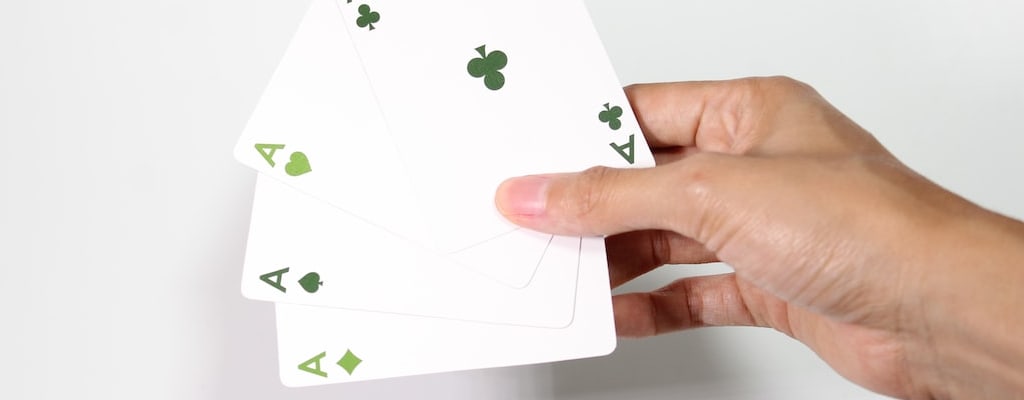wet boy: Idiom Meaning and Origin
What does ‘wet boy’ mean?
The idiom "wet boy" is used to describe a naive or inexperienced young man. It suggests that the individual is not yet mature or knowledgeable enough to fully understand or handle certain situations.

Idiom Explorer
The idiom "your boy" is used to refer to someone, typically a man or boy, who is highly regarded, trusted, or favored by the speaker. It implies a sense of loyalty, support, or familiarity towards the person being referred to.
The idiom "wet the bed" means to fail or make a serious mistake, particularly when under pressure or in a high-stakes situation.
The idiom "wet one's pants" means to involuntarily urinate due to extreme fear, excitement, or laughter. This phrase is often used figuratively to describe someone who is extremely scared, excited, or amused.
The idiom "wet one's beak" means to receive a share of profits or benefits, especially in a dishonest or unethical manner.
The idiom "wet firecracker" typically refers to someone or something that fails to live up to expectations, lacks enthusiasm or excitement, and ultimately disappoints, similar to a firecracker that fails to ignite after getting wet.
The idiom "wet dream" refers to a highly sexualized dream, often experienced during adolescence, that leads to ejaculation during sleep. It symbolizes intense sexual desire or fantasies.
The idiom "wet blanket" refers to a person who dampens enthusiasm or spoils the fun or excitement of others.
The idiom "wet behind the ears" means someone who is young or inexperienced.
The idiom "wax the dolphin" is a vulgar slang phrase that refers to the act of male masturbation. It is a euphemistic expression commonly used to discuss or joke about this sexual activity.
Curious Origins
Wet boy is an idiomatic expression that has multiple meanings and connotations. This idiom is primarily used in the United States and has been in existence for a significant period of time.
One meaning of wet boy is a term used to describe someone who is inexperienced, naive, or lacking in common sense. This usage dates back to at least the early 19th century and is believed to have originated from the British slang term "wet behind the ears," which has a similar meaning. The term wet boy implies that the person is wet or damp like a newborn animal, indicating their lack of experience in navigating the complexities of the world.
In another context, wet boy is used to refer to someone who is excessively emotional or sentimental. This usage is more recent and may have emerged in the mid-20th century. It is often used to describe individuals who easily cry or become overly emotional in response to various situations. The term wet boy suggests a lack of emotional restraint or control, as if the person's emotions are spilling or flowing freely like water.
Furthermore, wet boy can also be used to describe someone who is cunning, sly, or deceitful. This particular sense of the idiom is less common and may have originated from the notion of a slippery or slimy character. It suggests that the person is not to be trusted, as they may have ulterior motives or hidden agendas.
Wet behind the ears is another idiom that is related to wet boy. It means someone who is inexperienced or new to a situation. The phrase likely originates from the idea that a newborn animal's ears are wet, indicating their recent birth. It is often used to describe young people who are just starting out in an industry or profession.
dry behind the ears, on the other hand, is the opposite of wet behind the ears. It means someone who is experienced, knowledgeable, and no longer naive or inexperienced. The phrase suggests that the person has dried behind the ears, indicating that they have matured and gained wisdom over time. It is often used to describe individuals who have been in a certain field or profession for a long time.
all wet is yet another idiom related to wet boy. It means completely mistaken or incorrect. The phrase likely originated from the idea of being soaking wet, which is uncomfortable and undesirable. It is often used to express disagreement or to indicate that someone's statement or opinion is entirely wrong or unfounded.
It is worth noting that the idiomatic expression wet boy is not widely known or used in contemporary American English. While it may have been more prevalent in the past, its usage has significantly declined over the years. Nevertheless, it is still occasionally encountered in literature or older sources.
Wet boy is an idiomatic expression with several meanings, including describing someone who is inexperienced, overly emotional, or deceitful. Although its usage has diminished, it carries with it a sense of historical significance and linguistic richness. Exploring the origins and nuances of idioms like wet boy allows us to delve into the complexities and evolution of language, offering a glimpse into the human experience.
Example usage
Examples of how the idiom "wet boy" can be used in a sentence:
- He forgot his umbrella and got caught in the rain, becoming a wet boy.
- The sprinklers turned on unexpectedly while he was walking by, leaving him as a wet boy.
- They decided to have a water fight and he ended up being the wet boy after getting soaked by everyone.
More "Slang" idioms



